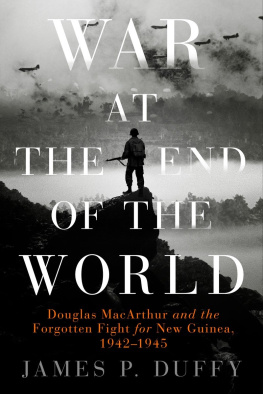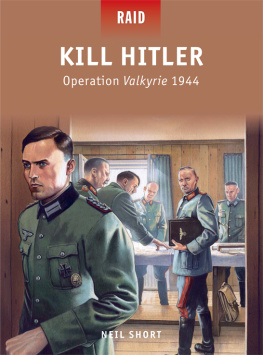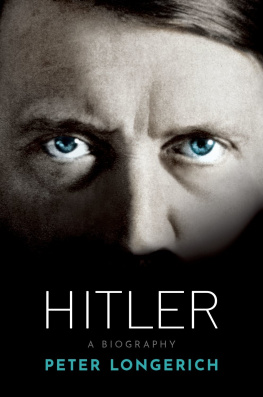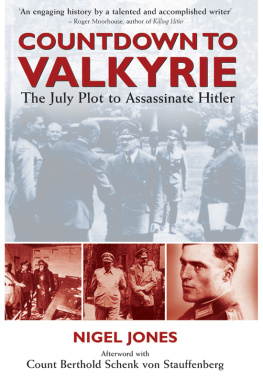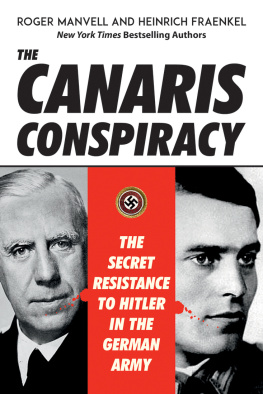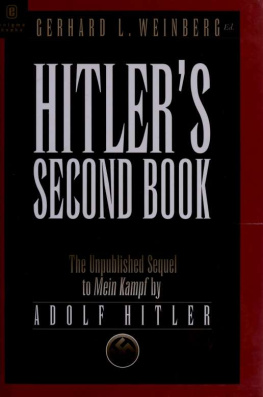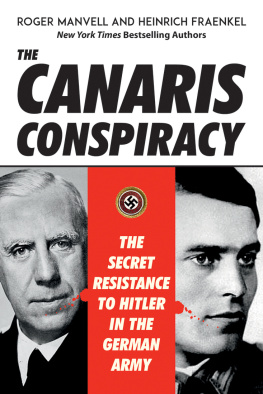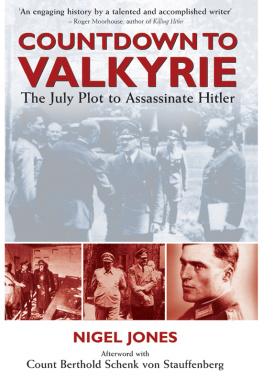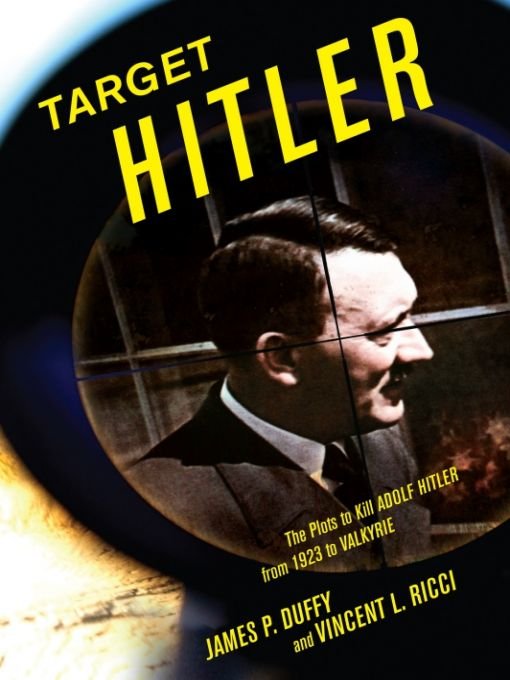Table of Contents
Enigma Books
Also published by Enigma Books
Hitlers Table Talk: 19411944
In Stalins Secret Service
Hitler and Mussolini: The Secret Meetings
The Jews in Fascist Italy: A History
The Man Behind the Rosenbergs
Roosevelt and Hopkins: An Intimate History
Diary 19371943 (Galeazzo Ciano)
Secret Affairs: FDR, Cordell Hull, and Sumner Welles
Hitler and His Generals: Military Conferences 19421945
Stalin and the Jews: The Red Book
The Secret Front: Nazi Political Espionage
Fighting the Nazis: French Intelligence and Counterintelligence
A Death in Washington: Walter G. Krivitsky and the Stalin Terror
The Battle of the Casbah: Terrorism and Counterterrorism in Algeria 19551957
Hitlers Second Book: The Unpublished Sequel to Mein Kampf
At Napoleons Side in Russia: The Classic Eyewitness Account
The Atlantic Wall: Hitlers Defenses for D-Day
Double Lives: Stalin, Willi Mnzenberg and the Seduction of the Intellectuals
France and the Nazi Threat: The Collapse of French Diplomacy 19321939
Mussolini: The Secrets of His Death
Mortal Crimes: Soviet Penetration of the Manhattan Project
Top Nazi: Karl WolffThe Man Between Hitler and Himmler
Empire on the Adriatic: Mussolinis Conquest of Yugoslavia
The Origins of the War of 1914 (3-volume set)
Hitlers Foreign Policy, 19331939The Road to World War II
The Origins of Fascist Ideology 19181925
Max Corvo: OSS Italy 19421945
Hitlers Contract: The Secret History of the Italian Edition of Mein Kampf
Secret Intelligence and the Holocaust
Israel at High Noon
Balkan Inferno: Betrayal, War, and Intervention, 19902005
Calculated Risk: World War II Memoirs of General Mark Clark
The Murder of Maxim Gorky
The Kravchenko Case: One Mans War On Stalin
Operation Neptune
Paris Weekend
Shattered Sky
Hitlers Gift to France
The Mafia and the Allies
The Nazi Party, 1919-1945: A Complete History
Encyclopedia of Cold War Espionage, Spies, and Secret Operations
The Cicero Spy Affair
A Crate of Vodka
NOC
The First Iraq War: Britains Mesopotamian Campaign, 1914-1918
Becoming Winston Churchill
Hitlers Intelligence Chief: Walter Schellenberg
Salazar: A Political Biography
The Italian Brothers
Nazi Palestine
Code Name: Kalistrat
Pax Romana
The De Valera Deception
Lenin and His Comrades
Working with Napoleon
The Decision to Drop the Atomic Bomb
Truman, MacArthur and the Korean War
To the men and women who lost their lives in the
struggle against Adolf Hitler
The worth of a man is certain only if he is prepared to sacrifice his life for his convictions.
General Henning von Tresckow
I beg the world to take our martyrs deaths as penance for the German people.
Dr. Carl Goerdeler
Fate was against us.
General Karl-Heinrich von Stulpnagel
We have accepted the necessity to do our deed in order to save Germany from untold misery. I expect to be hanged for this, but I do not regret my action and I hope that someone else in luckier circumstances will succeed.
Fritz-Dietlof Count von der Schulenburg
A little encouragement to those Germans ready to risk their lives to free
Germany of Hitler could have brought peace before the Russians had
crossed the Vistula and before the Western Allies had advanced beyond
Normandy.
William Casey
Acknowledgements
So many people have helped us in many ways to research the material in this book that it is impossible for us to list them without accidentally leaving some out. Therefore we have decided once again to simply express our appreciation to each of you as we did at the time you gave us your assistance.
Having said that, we would like to recognize the work of two men whose scholarly studies of the German resistance have contributed greatly to our ability to write this book: Peter Hoffman, Professor of German History at McGill University, and Harold C. Deutsch, Professor of History Emeritus at the University of Minnesota.
James P. Duffy and Vincent L. Ricci
Introduction
During his infamous regime, Adolf Hitler had many enemies among the German people. These included persons of high position in the military and the government as well as among the general population. From 1933 through 1945, thousands of Germans performed innumerable actions to attempt to stop the Nazi regime from committing the crimes it did, some in large ways and many others in small, personal ways. It is regrettable that the courage of many of these individuals, who in the course of their lives under such a ruthless tyranny took grave risks to commit small acts of defiance, will never be acknowledged properly. Most of them simply vanished into the oblivion that claimed millions of others during Hitlers reign.
Many people in Germany wished to see an end to the rule of terror that represented the Nazi regime. Few of them had the resources to commit the supreme act, the murder of Adolf Hitler. This book is about those who had the resources and acted on them, what motivated them to attempt to assassinate the Fhrer, and why they failed.
Those living in open societies typified by the Western democracies may find it difficult to understand how people of high rank, including the Chief of the General Staff of the German army, would be unable to successfully move against a regime soaked in the blood of its own people. There are some critical elements of society under the Nazis that the reader should keep in mind while reading this book.
The first is that no one in Germany escaped scrutiny by the Gestapo or other secret police forces created by the Nazis. Not even generals and field marshals were immune. They were followed and their actions were reported just as were citizens. Gestapo agents were charged with ferreting out any act of opposition or disloyalty to the regime, from an incautious remark made at a cocktail party to a plot to kill a ranking Nazi official. The regime knew it had many enemies among the German people, and it employed agents to find them. Their performance rating depended on the number of subversives they exposed and arrested. Not infrequently their evidence was fabricated to lend credibility to their charges and increase the stature of the security forces.
Hitlers enormous popularity was a second factor that worked against those who plotted his death. It must be remembered that the German people of the 1930s and into the war years had no history of democracy other than the time of chaos and economic deprivation they had experienced during the short-lived Weimar Republic of the 1920s. Historically, Germanic people were more in tune with an orderly, militaristic society than one in which they participated in elections to choose their leaders.
Just as the Italians overlooked the evils of Benito Mussolinis regime with the simplistic rationalization He made the trains run on time, the Germans endured the Nazis largely because they succeeded where no earlier government had in stabilizing the economy and ending the violence in German cities provoked by clashes between paramilitary forces representing opposing ideologies. Hitler abrogated the oppressive Treaty of Versailles, won back the Rhineland, brought Austria into union with Germany, annexed the Sudetenland to the Reich, and deposed the despised government of Czechoslovakia, all without committing a single German soldier to battle. These accomplishments earned him hero status in the eyes of many, if not most, Germans. There is no avoiding the fact that he was extremely popular. This popularity was a factor that lay heavily on the minds of the men who would depose Hitler. They knew their actions would not be viewed favorably by a large share of the population, civilian or military.



